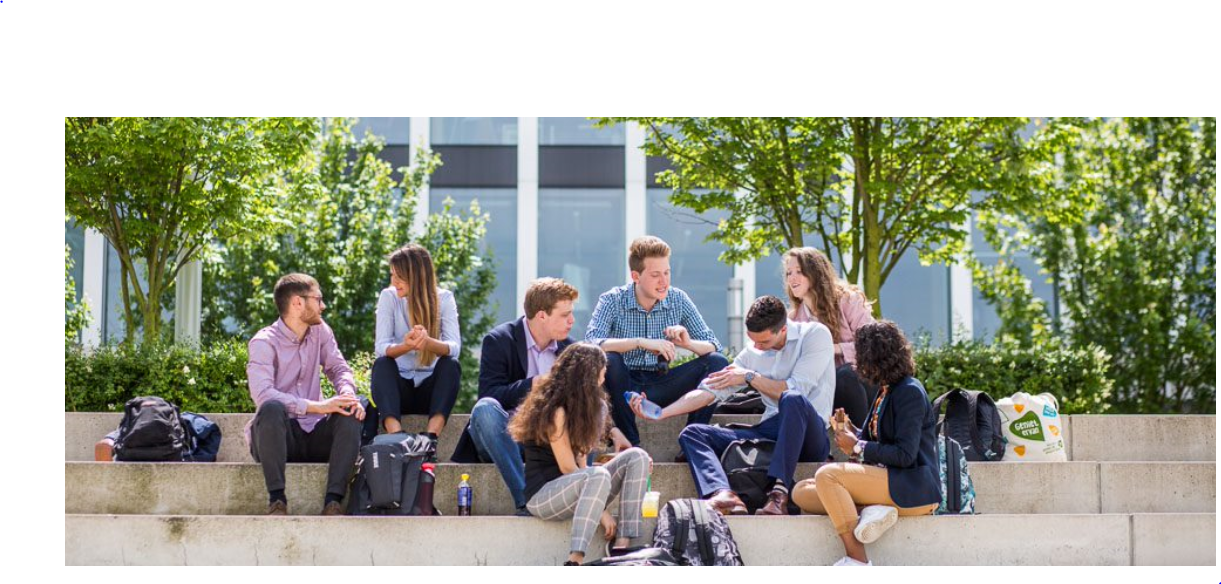
Chemistry
Bachelor

How can molecules help solve today's biggest challenges? Can we design smart materials for medicine, energy, or the environment? Are you ready to turn molecular insights into real-world innovations? Read on to explore if Chemistry at the University of Groningen is the Bachelor's programme for you.What to expect from the Bachelor's programme in Chemistry✔ Study core topics including organic, inorganic, and physical chemistry✔ Combine theory with hands-on research in state-of-the-art laboratories✔ Learn from top scientists, including Nobel Prize winner Ben Feringa✔ Work on real-world challenges in energy, health, and sustainable materialsChemistry is the science of molecules and materials — how they form, interact, and can be used to improve our world. During this international Bachelor’s programme, you’ll explore the molecular mechanisms behind new medicines, energy materials, and even nanoscale molecular motors. The programme encourages interdisciplinary connections with physics, biology, and materials science.So, whether you want to create smart medicines, develop new catalysts, or contribute to sustainable energy solutions, Chemistry in Groningen offers the tools and inspiration to get started. Graduates go on to careers in R&D, healthcare, materials science, and environmental technology — at leading multinational companies, or in cutting-edge research labs in
Ready to apply?
Visit course websiteLanguage
English
Title
Bachelor of Science
Duration
3 years
ECTS credits
ECTS
The European Credit Transfer and Accumulation System (ECTS) is a student-centred system based on the student workload required to achieve the objectives of a programme of study. Its aim is to facilitate the recognition of study periods undertaken by mobile students through the transfer of credits. The ECTS is based on the principle that 60 credits are equivalent to the workload of full-time student during one academic year.
Accreditation
Tuition fee 2025/2026
EU/EEA
The EU/EEA rate is the regular fee for students from within the EU/EEA.
€ 2,601
Non-EU/EEA
The non-EU/EEA rate is the rate for students from outside the EU/EEA.
€ 19,800
Institutional
The institutional rate is for all students who have already obtained a bachelor’s or master’s degree and who want to start a second programme leading to a degree at the same level or at a lower level.
€ 13,500
Admission
Check when you can start and what you have to pay!
| Tuition fees | |
|---|---|
| € 2,601 | |
| € 19,800 | |
| € 13,500 |
| Tuition fees | |
|---|---|
| € 2,695 | |
| € 19,800 | |
| € 14,000 |
| Start date | App. deadline EU/EEA | App. deadline Non-EU/EEA |
|---|---|---|
| 1 Sep '26 | 1 May '26 | 1 May '26 |
| 1 Sep '27 | 1 May '27 | 1 May '27 |
Contact
Main addressBroerstraat 5
9712 PC Groningen
050-3638100